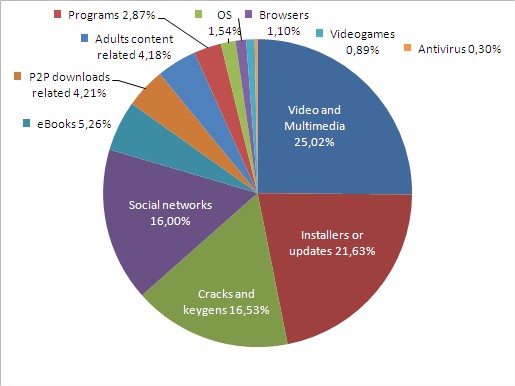You have no doubt heard of ‘data breaches’ and ‘data leaks’ – but did you know they are slightly different things? In this article we’ll take a look at the difference between a data leak and a data breach – and how you can protect yourself against both.
What is a data leak?
Any time sensitive data becomes publicly available, it is said to have been leaked. Data leaks tend to be accidental – someone emails the wrong files to a contact or leaves their work notebook on the train.
Occasionally someone may leak sensitive data deliberately. They may choose to give commercially sensitive information to a journalist for instance.
Although unintentional, data leaks can be extremely serious. Accidentally exposing sensitive medical records could be extremely embarrassing for the patients. And businesses can still be prosecuted for negligence by failing to implement processes and protections to prevent sensitive information from being lost or leaked.
What is a data breach?
A data breach is a deliberate attempt to steal information. Whenever a cybercrime gang breaks into a network and steals data, this is classified as a ‘data breach’. They have ‘breached’ their victim’s defenses.
Data breaches are often accompanied by a ransom demand. Hackers will demand payment to prevent sensitive data being leaked online. Alternatively, they may sell the stolen information to other hackers and criminals.
Data breaches can be devastating for anyone affected. Stolen personal information, such as credit card details, can be used to commit ID theft and fraud for instance.
Unsurprisingly, data protection regulators take a very dim view of data breaches. They may issue punitive fines to any organization that has failed to implement proper IT security defenses.
How to protect against data breaches and data leaks
For home users, protecting against data breaches and leaks doesn’t have to be a headache. Here’s how to protect yourself:
-
Stay alert
The best way to protect your personal data is to pay attention to how you store and share it. The less information you share, the less chance there is of that data being leaked.
Make sure your devices are protected with a secure password, just in case any of them are ever stolen. And always double check who you are emailing files to – a simple typo in the address could result in an embarrassing data leak.
-
Install anti-malware
Installing an anti-malware tool like Panda Dome Premium will keep your devices free of malware. If hackers can’t install viruses and malware, it is much harder for them to breach your devices.
-
Use a password manager
Hackers love simple passwords because they are easy to break. Using a password manager allows you to choose complex and unmemorable passwords to better protect your information and keep hackers and data leakers out.
As you can see, data breaches and data leaks are very similar. The main difference is how personal information comes to be exposed online.




